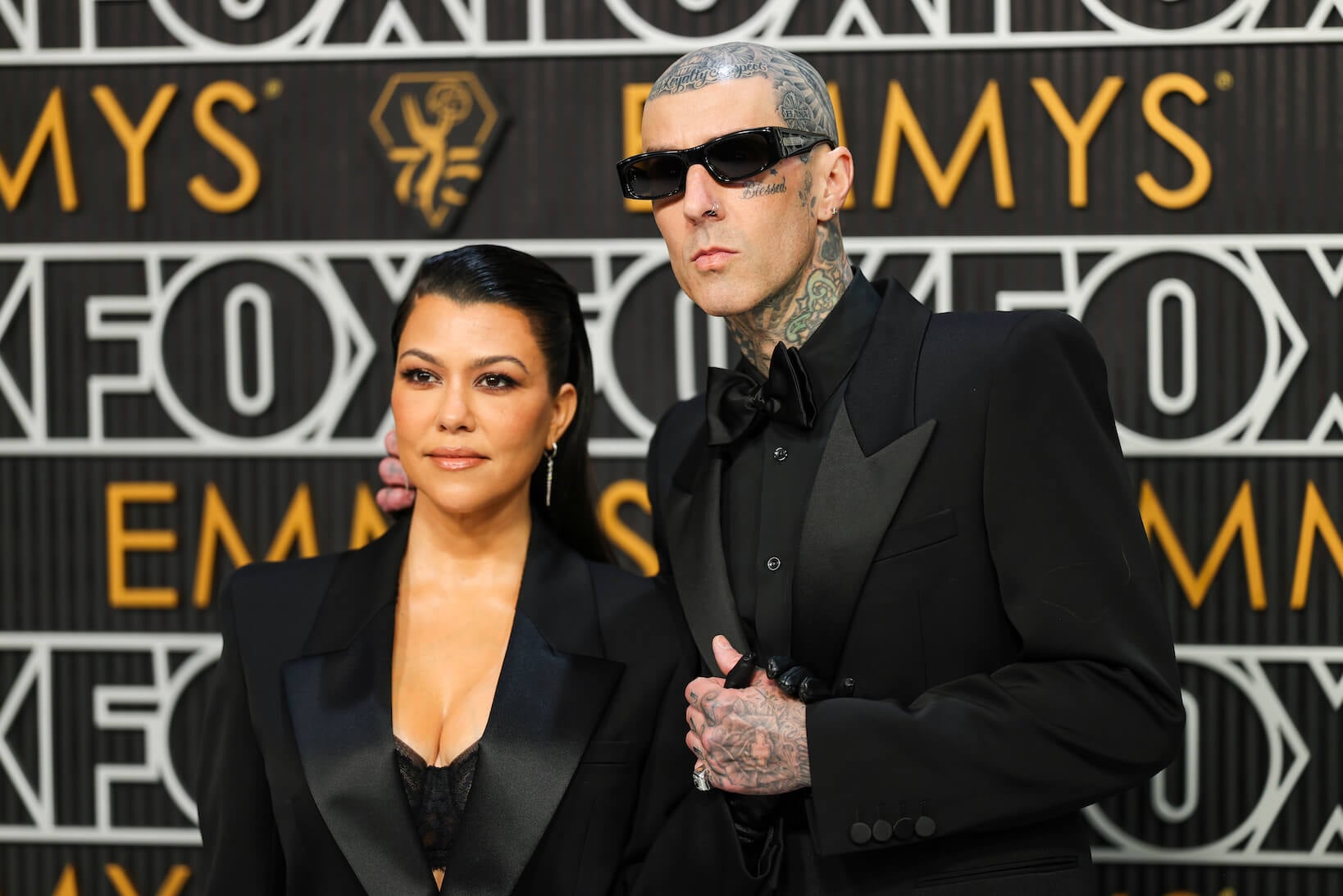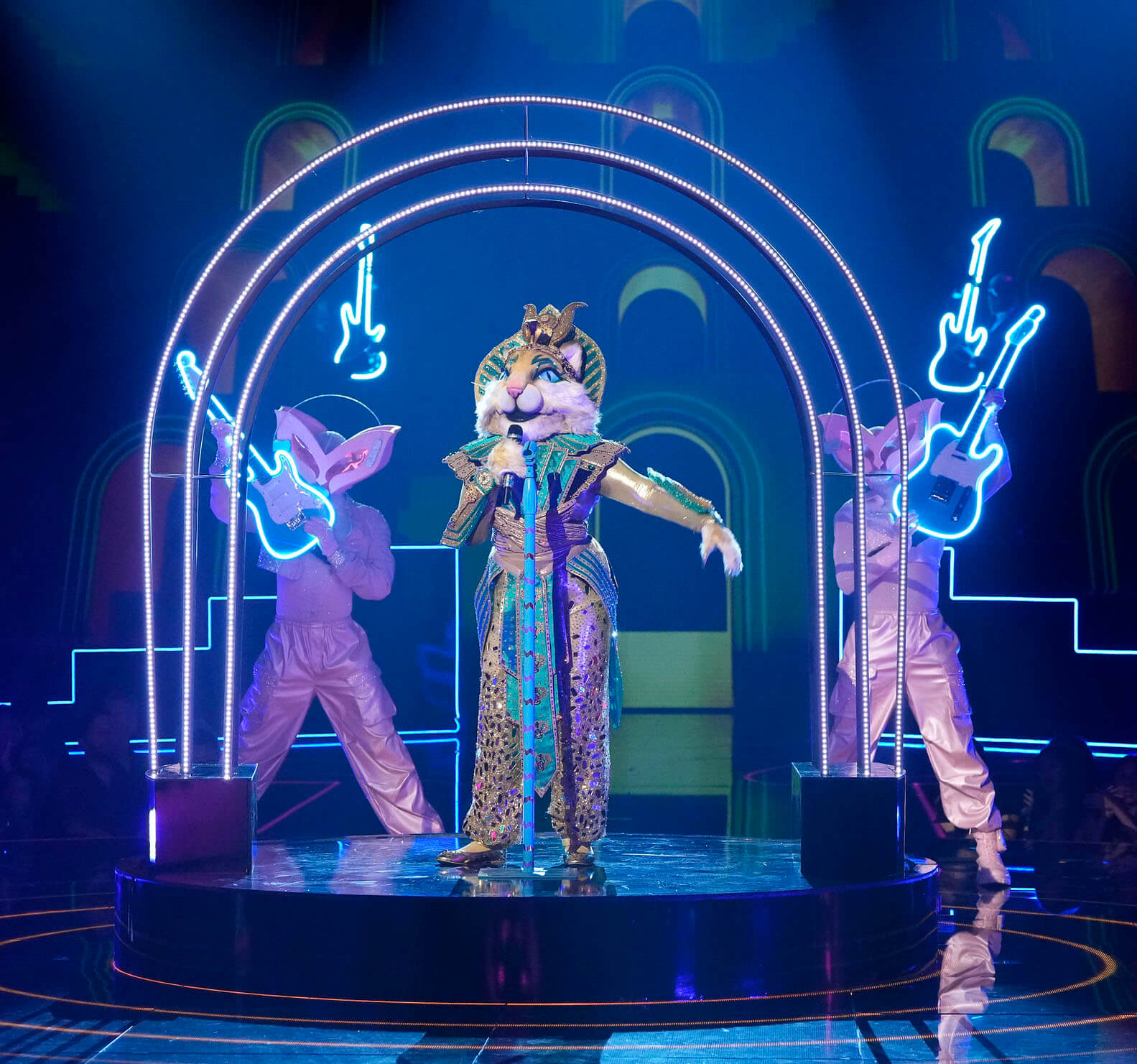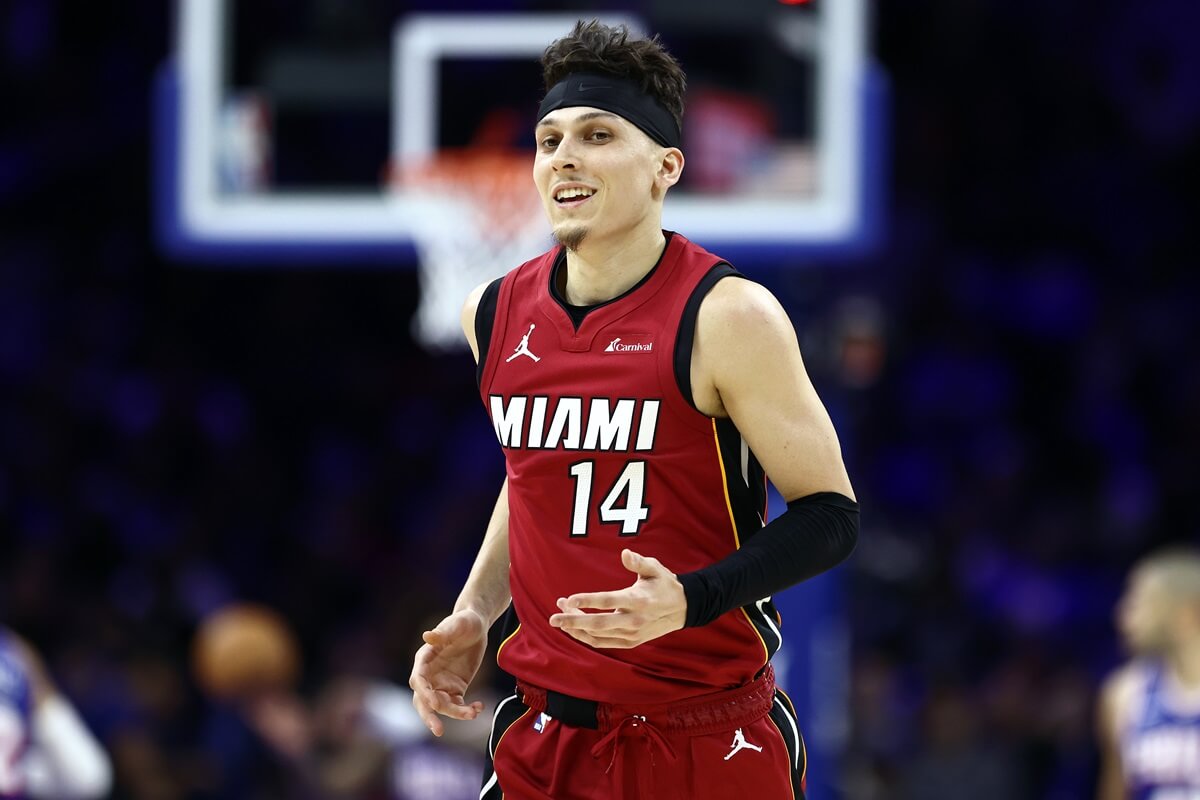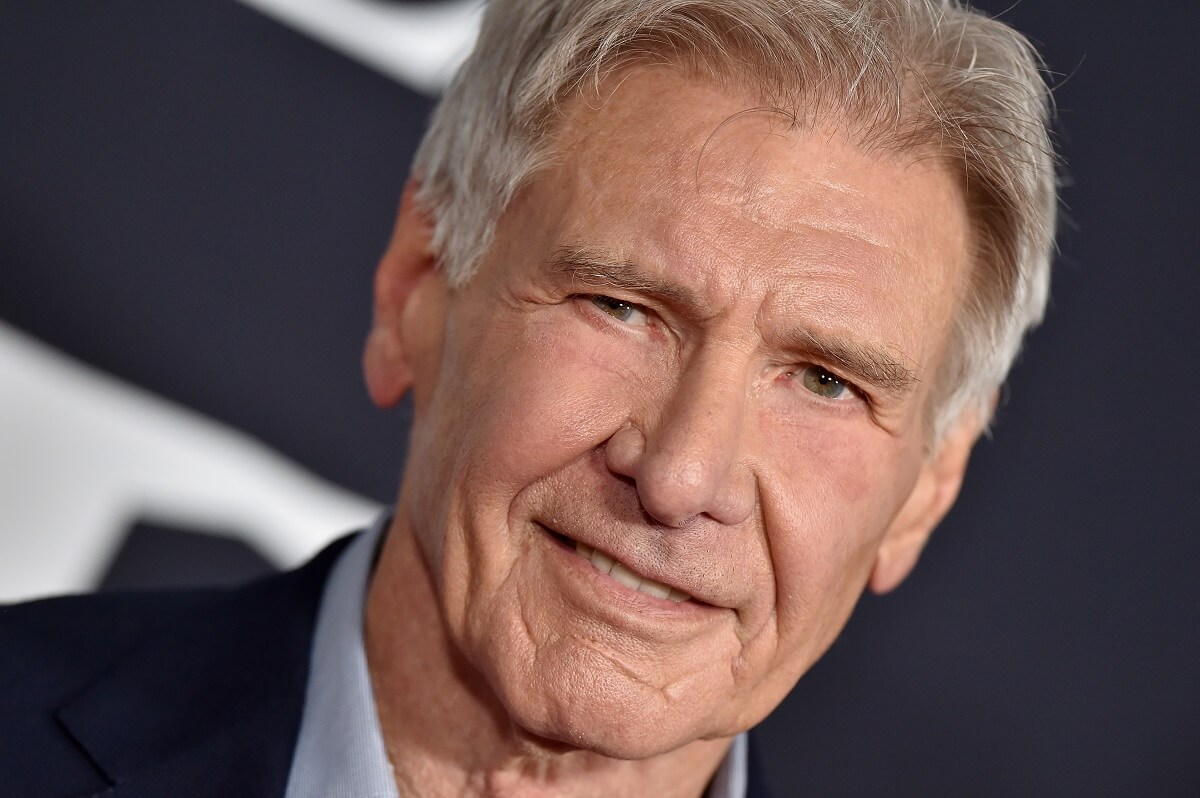
Harrison Ford Once Called Working on ‘Blade Runner’ a Nightmare
Harrison Ford added another iconic movie to his long list of films with the 1982 sci-fi feature Blade Runner. And although the film, and his performance, garnered significant praise, there was one aspect of the feature that Ford couldn’t stand.
Why Harrison Ford once called doing ‘Blade Runner’ a nightmare
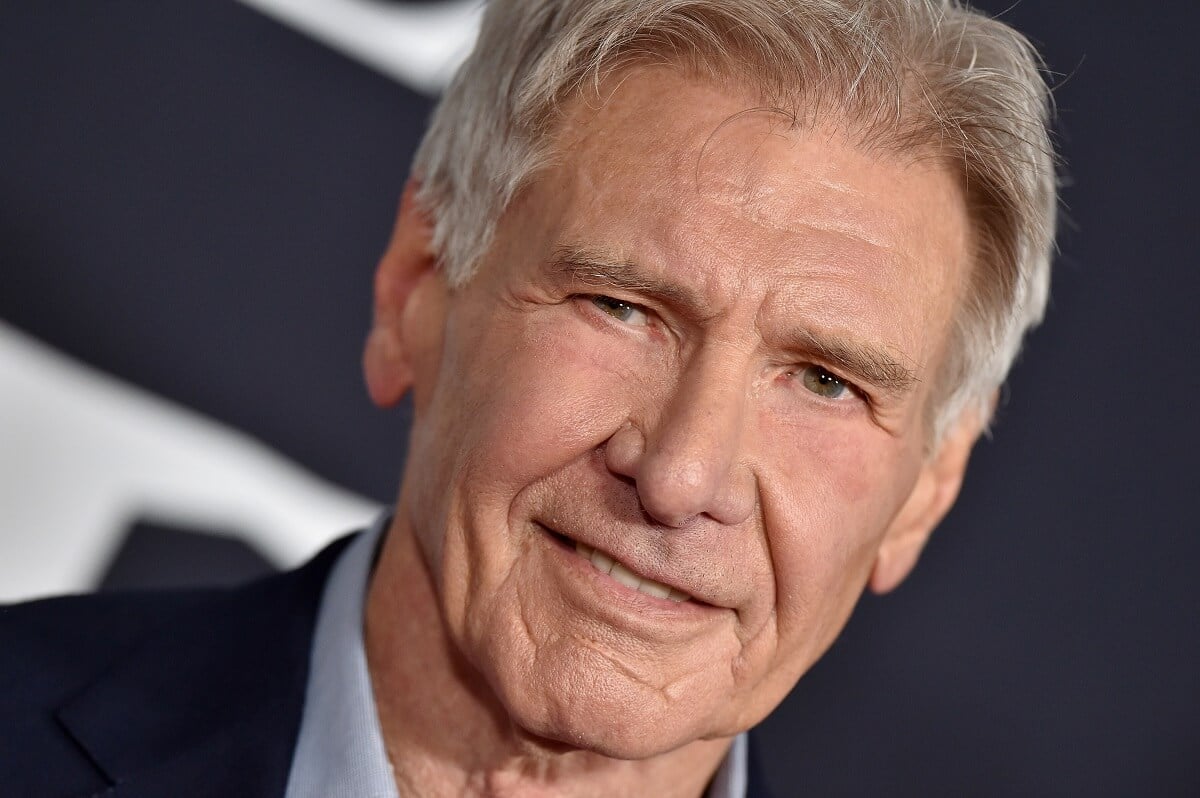
Ford wasn’t the first choice to star in Blade Runner. When filmmaker Ridley Scott signed onto the project, he tapped Dustin Hoffman as the lead. But Hoffman didn’t work out because he wanted the Blade Runner script rewritten. Scott would then try to court Ford for the project. And although Scott was pretty much sold on the Star Wars star, others backing the film weren’t.
“I just put two and two together and flew to London and met with Harrison inside this posh piano bar,” Scott once said on LA Mag. “I’d already said to my financiers, ‘I want this guy Harrison Ford.’ They said, ‘Who the luck is Harrison Ford?’”
But Ford wasn’t as sold on the movie as Scott might have been sold on him.
“I remember when they eventually showed me the script, I had a lot of concerns about the narrative. There was actually a voice-over in the original script, and I felt it was telling the audience things that could easily be discovered in the context of the scenes,” Ford recalled.
The voice-over in Blade Runner was a particularly sensitive subject for Ford. Ford was led to believe that it wouldn’t be included in the film at all. But he soon found out that wasn’t the case.
“When we started shooting it had been tacitly agreed that the version of the film that we had agreed upon was the version without voice-over narration. It was a f***ing nightmare,” Ford once said according to Vice. “I thought that the film had worked without the narration. But now I was stuck re-creating that narration. And I was obliged to do the voice-overs for people that did not represent the director’s interests.”
Harrison Ford had other problems with ‘Blade Runner’
The voice-over wasn’t Ford’s only gripe with the film. Ford also had narrative problems with his character in the feature. In Blade Runner, Ford portrays a detective by the name of Rick Deckard. But when reading the script, Ford didn’t believe his character lived up to his job description.
“I played a detective who did not have any detecting to do. In terms of how I related to the material, I found it very difficult. There was stuff that was going on that was really nuts,” Ford once told Vanity Fair.
Apart from that, Scott and Ridley have also disagreed with the character’s fate at the end of the film. It was a topic that Blade Runner 2049 director Denis Villeneuve didn’t think they’d ever see eye to eye on.
“Harrison and Ridley are still arguing about that. If you put them in the same room, they don’t agree. And they start to talk very loud when they do. It’s very funny,” Villeneuve said in a 2017 interview with Cinemablend.
Harrison Ford felt ‘Blade Runner 2049’ would be more accessible to audiences than the original ‘Blade Runner’
Blade Runner 2049 was a fairly recent sequel to Ridley Scott’s original Blade Runner. It took place several years from where the first film left off, and starred Ryan Gosling as the lead.
According to Villeneuve, Ford was already signed on to 2049 before he was hired to direct the project. With a different director on board for the sequel, Ford wanted to get to know Villeneuve a bit better before approving him.
“You know, working with a director, it’s a bit of a marriage,” Ford once said in an interview with The Globe and Mail. “It’s not a question of approving your mate, but a question of, are we going to fall in love or not?”
If there was one thing 2049 had going for it that Blade Runner didn’t, it might have been its accessibility. Ford believed audiences would have an easier time digesting the more contemporary sequel.
“I do, because the first one was ahead of its time, and now is the time for this one. The issue of its immediate acceptance proved not to be a problem, because in the long term, it gained an enormous following and had a terrific impact on a generation of filmmakers and visual storytellers,” he said.
